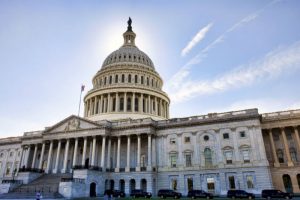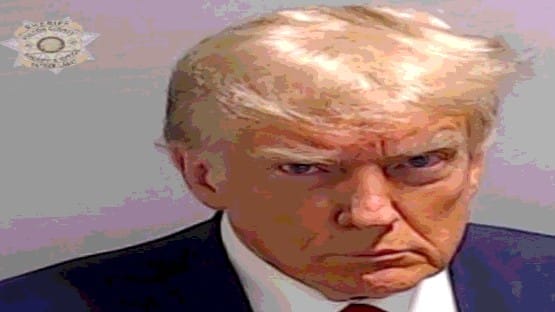
There’s no place on Earth like Washington, D.C. When you’re in Washington, you’re in the political center of the universe — the capital of the most powerful country on Earth. Everywhere you look, you’ll see important people hurrying about, making deals, and getting things done. Maybe you’re one of them.
But if you take a closer look at some of these sharp-dressed and fast-moving folks, you might see something behind that steely professional look. You might see harried people plagued by stress. You might see the results of terrible work-life balance, big-city pressure, and other things that Washington’s spaces, work, and culture does to even the happiest and healthiest people.
Let’s face it: Washington may be an incredibly place to live, but it’s not always the best for our mental health. That’s why every person who lives or works in D.C. should think carefully about how to counteract the city’s negative impact on their minds and care for their mental health. We have some suggestions.
Busy, busy
New York City may be the city that never sleeps, but Washington is the city where every waking hour is a working one. Forget “work hard, play hard.” In D.C., there is rarely much play without work. Even in the bars in the evening, you’ll spot folks in suits haggling over some legislation or business deal. Around the clock, D.C. professionals are working hard.
But if you work too hard too often, you could be in for a rude awakening. Studies show that poor work-life balance can mess with your mental health, and that it can even result in burnout — a condition characterized by fatigue, an inability to focus, and a lack of passion for your work. Needless to say, this isn’t good for your career.
That’s why D.C. residents should be particularly conscious of cultivating great work-life balance. Set boundaries, know when to ignore that email, and take vacations — it will improve your mental health and your career.
Fleeing the city
D.C., like other big cities, does certain things to our mental health. While our ever-improving understanding of mental health has helped us see that cities should be full of parks and outdoor spaces, no city is quite “natural” in the way that, for instance, the Great Smoky Mountains are.
That’s why one thing you should consider about D.C. and your mental health is simple: You need to get out once in a while.
Happily, Washington is within easy reach of some spectacular natural spaces. Head out into Virginia or Maryland to find large state parks and places to camp, hike, or just sit a while and enjoy the fresh air. In between trips out of town, be sure to check out the beautiful parks and gardens right in D.C. — they’re the next best things to more “natural” spaces, and very beautiful and soothing in their own right.
Get professional help
Are you in therapy — and if not, why aren’t you?
Unfortunately, some degree of stigma still seems to surround mental health care. If there weren’t, we would find it strange that anyone wouldn’t be in therapy — after all, you wouldn’t skip an annual physical or a trip to the dentist, would you?
The fact of the matter is that therapy is for everyone, explain the experts at Therapy Group of DC. Cognitive therapy helps us understand our own thoughts and thought patterns, and it gives us tools and strategies for making the most of just about any situation. Therapy is good for your mental health if you have depression or an anxiety disorder, but it’s also good for your mental health if you don’t. And therapy can help you cope with stress — which is part of why it’s a particularly good idea for D.C. residents.
So choose to care for your mental health. Take steps to counter the ways in which our thriving city might be messing with you, and stop avoiding the professional care that your mind needs.










